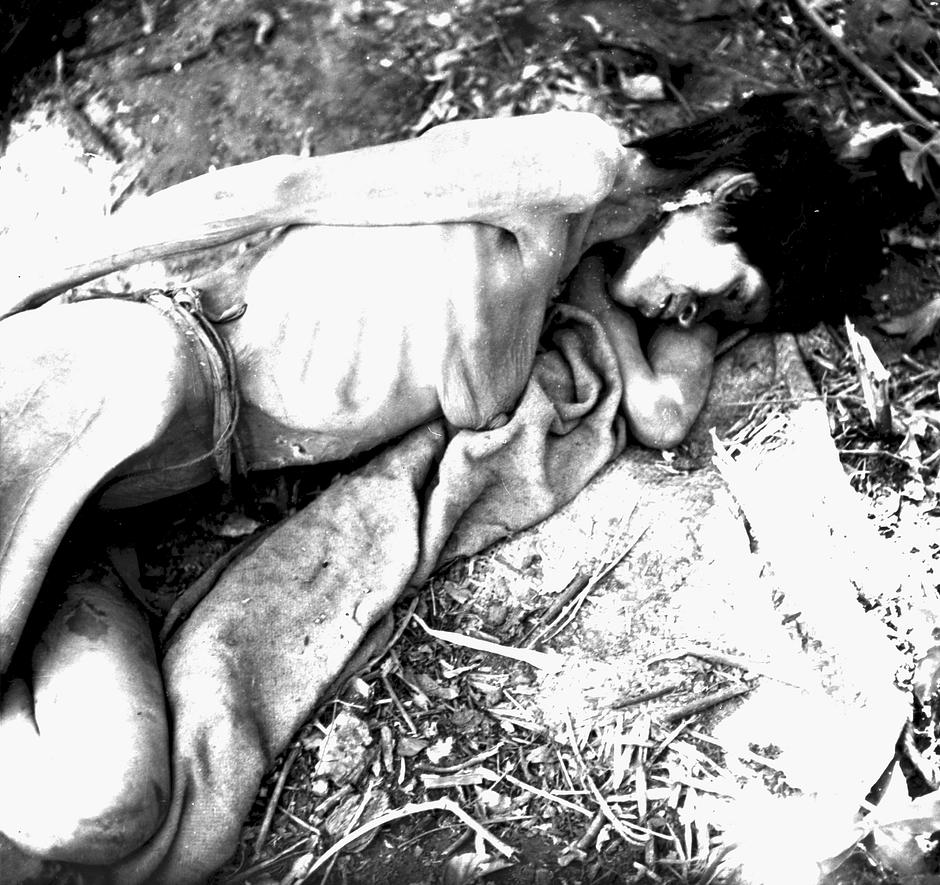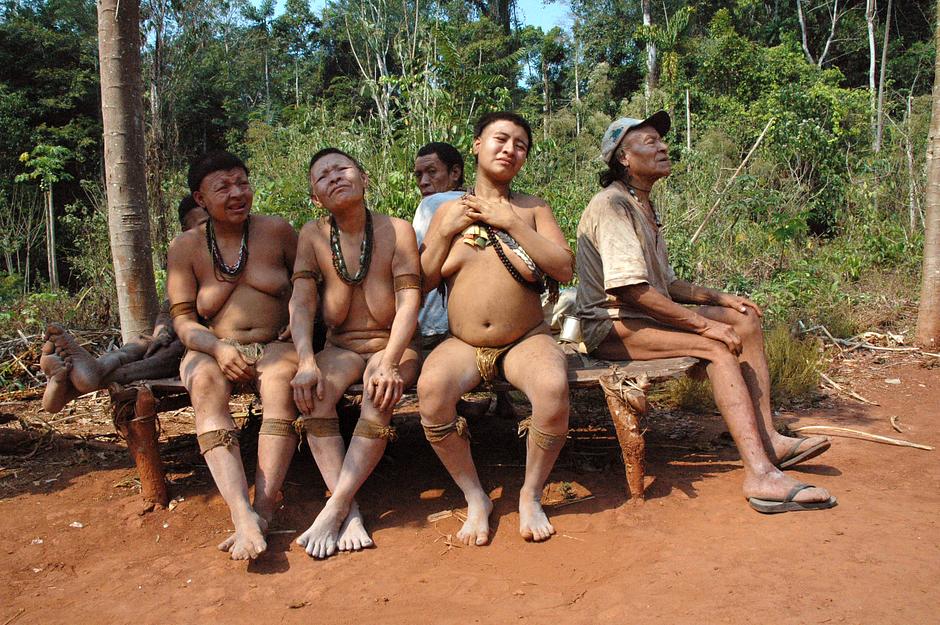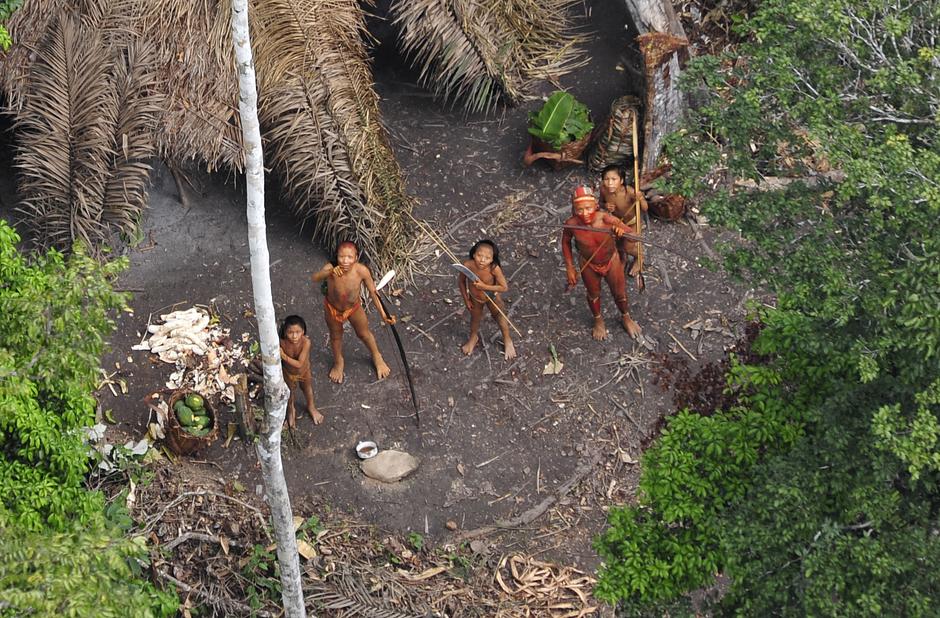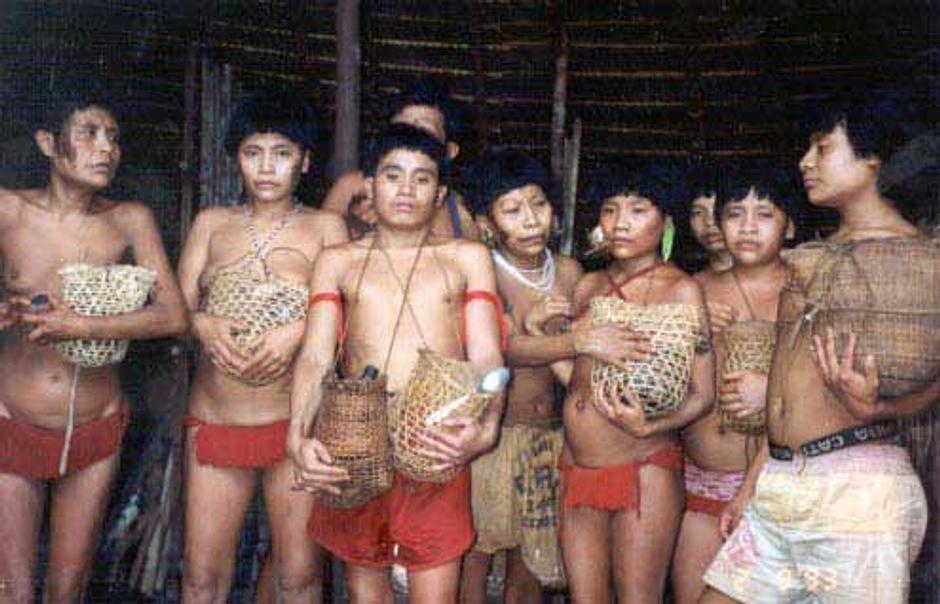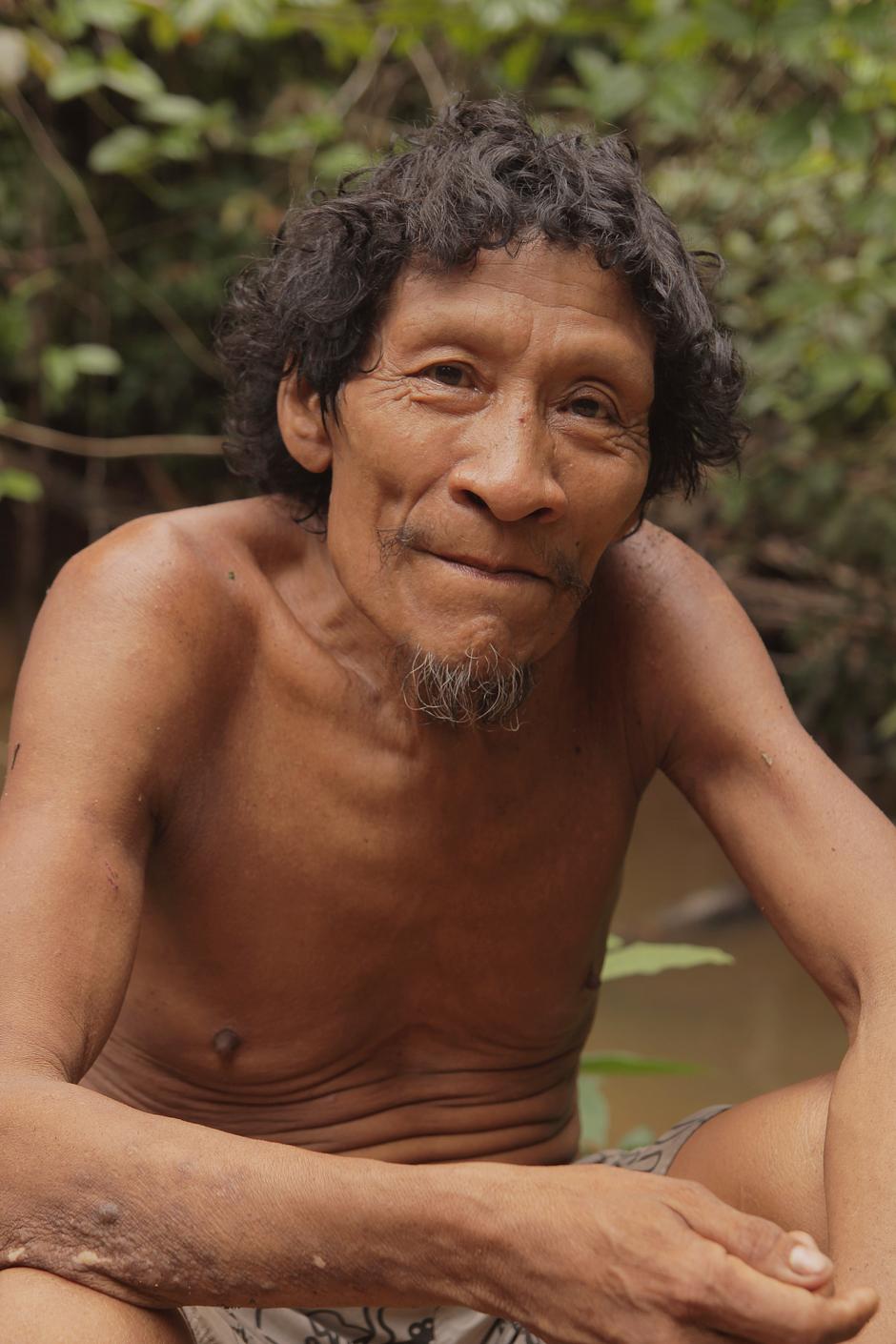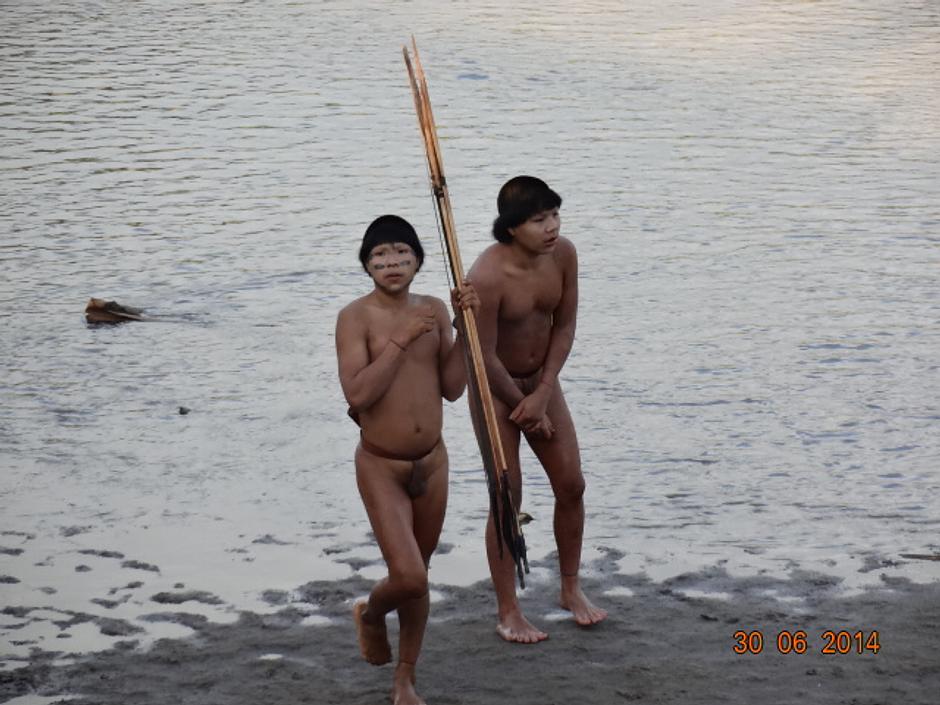Faces of Genocide
To mark Columbus Day, Survival International reveals current and recent cases of tribal peoples facing genocidal violence by outsiders on their land.
The Aché, Paraguay: in a landmark case launched in April 2014, the Aché tribe took Paraguay’s government to court over the genocide they suffered. The Aché were decimated after colonists launched killing raids, captured tribespeople and sold them as slaves during the 1950s and 60s.
© A. Kohmann/Survival
The Akuntsu, Brazil: in 1985, government investigators uncovered an entire communal house which had been bulldozed – evidence of a brutal massacre by gunmen that killed most of the Akuntsu tribe. The five survivors are the last witnesses of this silent genocide.
© Fiona Watson/Survival
Brazil is home to around 100 uncontacted tribes, the most vulnerable societies on the planet. Whole populations are being wiped out by violence from outsiders who steal their land and resources, and by diseases like flu and measles to which they have no resistance.
The uncontacted Kawahiva in central Brazil are facing annihilation as loggers and ranchers invade their land. After evidence suggested they were being deliberately targeted by loggers, forcing them to live constantly on the run, a public prosecutor launched an investigation into their genocide.
© G. Miranda/FUNAI/Survival
The Yanomami, on the border of Brazil and Venezuela: in 1993, goldminers launched a brutal attack on the Yanomami village of Haximú, killing 16 Yanomami, including the elderly, women and children. In an unprecedented ruling, four of the culprits were subsequently convicted of genocide.
© C Zacquini/Survival
The Awá, Brazil: Brazilian experts have described the violent invasion and destruction of the Awá’s rainforest by armed loggers as genocide. A Brazilian government representative said in 2011, “If rapid emergency measures are not taken, the future of this people is extinction.” In January 2014, the invaders were evicted from the key Awá territory, following Survival’s high-profile campaign.
© Survival International
Will history repeat itself?
In June 2014, a group of uncontacted Indians emerged in Brazil, having apparently crossed the border from Peru. They told interpreters that they had suffered a violent attack on their village in which most of the elderly were killed, and their homes burnt. “So many people died that they couldn’t bury them all and their corpses were eaten by vultures.” Brazilian experts have warned of “another genocide” if their territory is not protected from the loggers and drug-traffickers suspected of carrying out this atrocity.
© FUNAI/Survival
Other galleries
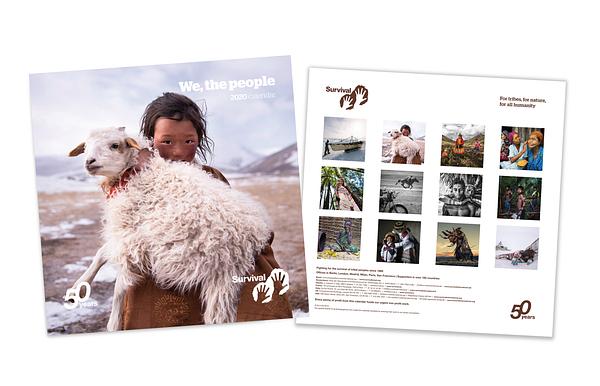
“We, the People” 2020 Calendar
Discover a new tribal portrait each month with the Survival International “We...
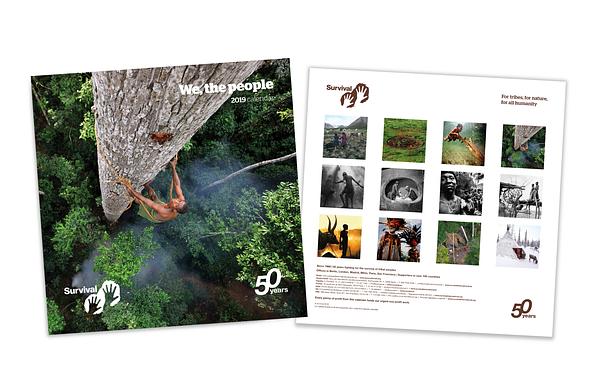
“We, the People” 2019 - The 50th anniversary Calendar
Our “We, The People” 50th Anniversary Calendar features stunning portraits of...
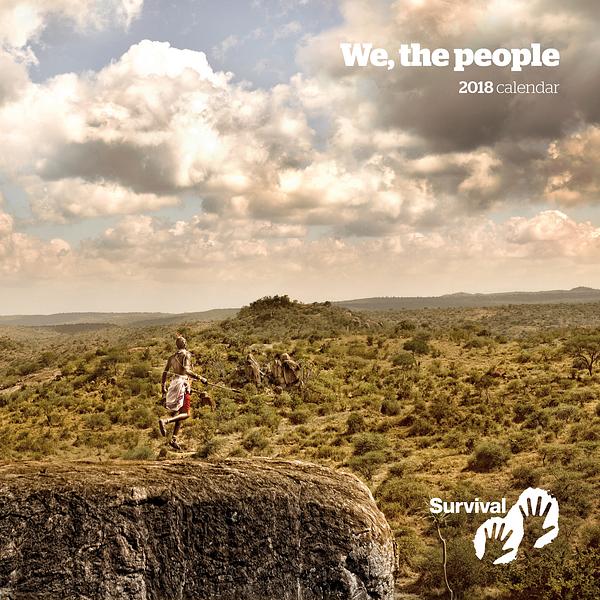
"We, the People" 2018 Calendar
Discover a new tribal portrait each month with the Survival International "We...

